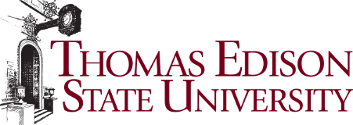
Critical Reasoning
The course has been designed to give students the opportunity to explore the basic tools of critical reasoning and to empower them to think for themselves. The ability to think critically is of great value in helping to deal competently with ethical, social and political problems in the work situation and everyday life. In most humanities courses at universities lecturers expect students to understand cultural diversity, to critically evaluate information and knowledge claims and to make responsible decisions. However, students are rarely given the opportunity to acquire these abilities in a systematic way.
What’s it about?
The aim of this course is to give students the opportunity to acquire critical thinking tools to analyze and evaluate knowledge claims. Students will acquire the skills to develop a critical attitude to cultural stereotypes and biases through readings, web resources journal assignments, and self-check assessments.
What will I learn?
In this course you will learn to:
-
Identify assumptions, reasons, claims and their interaction
-
Make informed logical decisions that are based on facts and substantiated claims
-
Critically evaluate your own personal biases, misconceptions and preconceived ideas
-
Identify and critically evaluate the ideas and beliefs of others
-
Analyze information and knowledge claims critically
-
Apply the key concepts of critical reasoning to constructing arguments and writing critical essays.
What’s involved?
The course syllabus will give you a good idea of what the course covers, and what the workload entails.
Prerequisites?
There are no prerequisites for this course.
Image credit: Gerd Altmann dedicated to the public domain.







